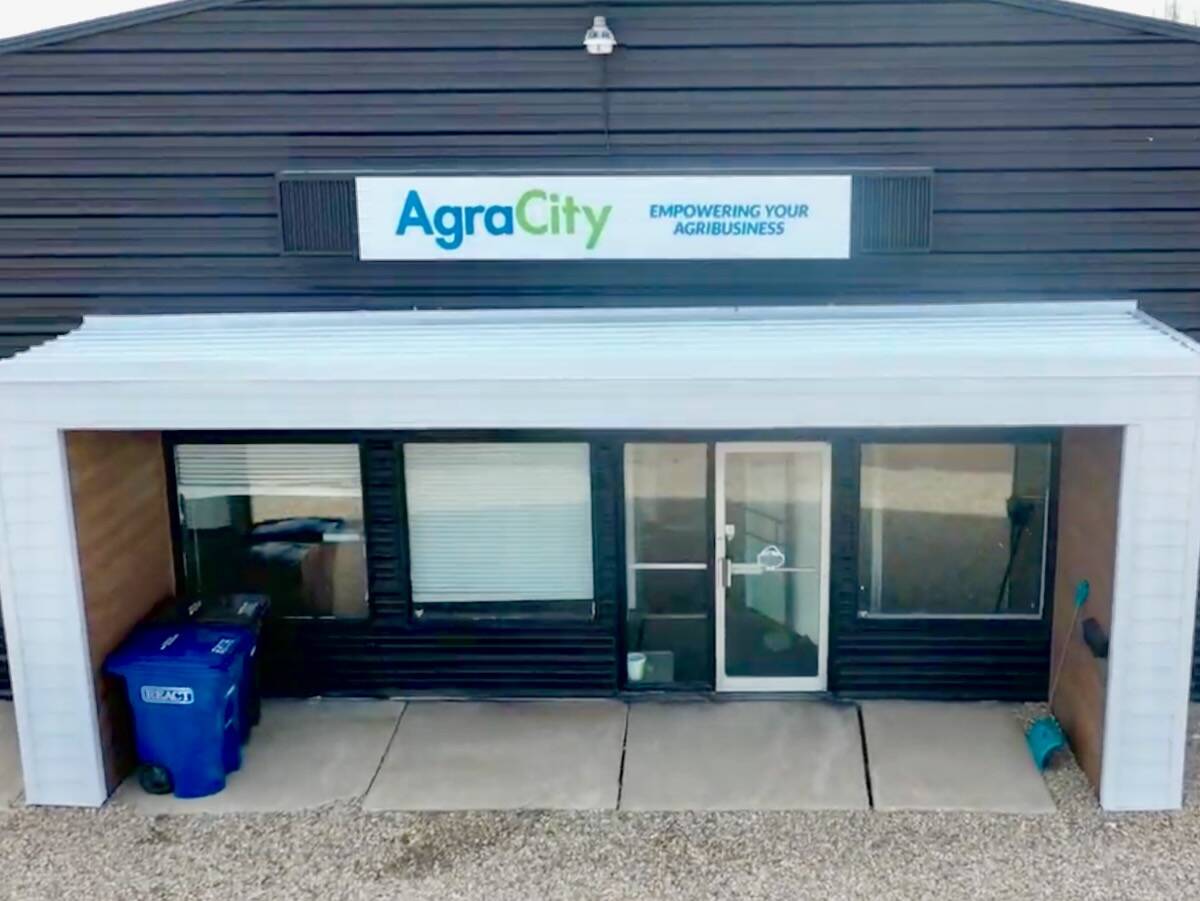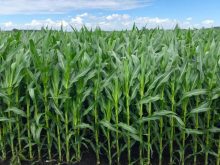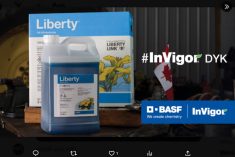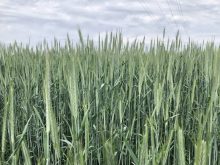Health Canada’s Pest Management Regulatory Agency in late November weighed in with its final re-evaluation on the toxicity risks of tebuconazole. Apart from its use as a wood preservative, it’s best known to farmers as a Group 3 active ingredient in Bayer’s Raxil, Prosaro and Folicur, Corteva’s Straxan and other foliar fungicides and seed treatments.
The biggest change coming out of PMRA’s re-evaluation is the cancellation of all turf uses, citing “potential dietary risks due to exposure from drinking water.” That means registrations for turf products Mirage Stressgard and Dedicate Stress are cancelled.
For other crop growers, the new ruling caps the total seasonal application of tebuconazole at 136 grams of active ingredient per hectare per year (126 for asparagus). For soybeans, foliar applications per year are limited to either one at 136 g a.i./ha, or two at least 10 days apart at 65 g a.i./ha.
Read Also

AgraCity’s farmer customers still seek compensation
Prairie farmers owed product by AgraCity are now sharing their experiences with the crop input provider as they await some sort of resolution to the company’s woes.
For corn seed, closed mix/load and transfer systems will be required for commercial treatment, along with respiratory protection for baggers/sewers/stackers and cleaners.
For wheat, barley, oat, rye, and triticale seed, personal protective equipment will be required for cleaners and when planting commercially treated or imported seed, PMRA says. New product labels will also require a closed-cab tractor for planting treated seed.
The decision means companies selling tebuconazole as an active ingredient will have up to two years starting Nov. 20, 2024, to rework their product labels. The cancelled product registrations, meanwhile, get a 36-month phase-out period from that date.
















